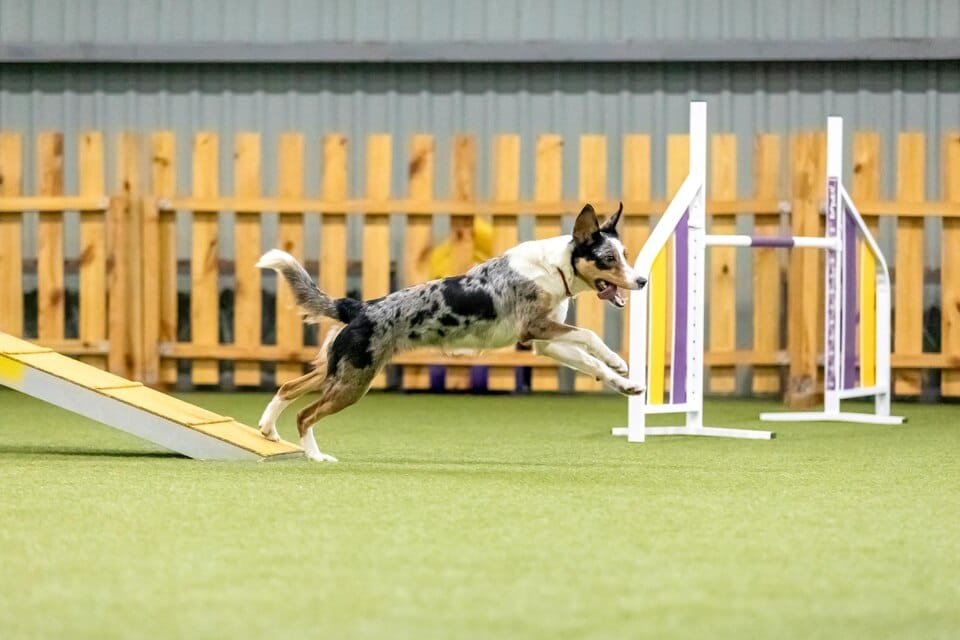
Taking a puppy home is a wonderful excursion that will include loads of recess, cuddling, and happiness. But, in all the fervor, you should think about starting to prepare your new pet. Beginning early puppy training is generally smart since it lays the preparation for a cheerful, respectful dog. We’ll talk about the importance of early doggy training in this blog post, along with helpful advice to kick you off.
Why Early Puppy Training Matters?
Early training is important for the development of positive habits and a strong connection among you and your dog. Pups quickly take in everything around them, just like wipes do. It is more simple to show positive activities and stop unwanted habits from shaping the earlier you start.
- Learning is Easier for Young Puppies: Compared with grown-up dogs, young pups are more open to learning and can get requests and cues more quickly.
- Bad Habit Prevention: Dog behaviourist sacramento training helps with stopping unwanted habits like jumping, chewing, and barking before they get an opportunity to become engraved.
- Reinforcing Your Bond: When you and your doggy train together, trust is created and your bond is strong, which makes your pup more motivated to satisfy you.
When Should You Start Puppy Training?
Training should ideally begin when your pup, who is commonly 3 months old, gets back to home. Young doggies can already pick up basic home rules and orders at this age. Since doggies stand out enough to be noticed ranges, it’s important to make meetings light and enjoyable.
- Basic Instructions (8-10 Weeks): Start with basic instructions, for example, “come,” “stay,” and “sit.” To motivate your pup’s development, give him loads of praise and rewards.
- House Training (8-12 Weeks): Start your puppy with a restroom plan. When it comes to housebreaking your doggy, consistency is important.
- Socialisation (8-6 weeks): Introduce your puppy with various people, spots, and creatures during this crucial time. Your little dog benefits from early socialisation as it forms into a confident and polite grown-up canine.
Tips for Successful Early Puppy Training
From the start, training a pup may seem to be daunting, but with a couple of supportive pointers, the cycle will go more smoothly and enjoyably.
Maintain Consistency
Consistency is key in pup training. Guarantee that everybody in your family uses the same orders and rules. Your little dog may become confused by mixed messages and find it more difficult to understand what is generally expected of them.
- Similar orders, like every time: For each order, pick a single word or hand signal and use it consistently.
- The Key Is Routine: Playtimes, toilet breaks, and taking care of schedules should be in every way as normal as possible because puppies thrive on routine.
Make Use of Encouragement
Puppy training works best when positive reinforcement is used. Treats, compliments, or playtime are effective ways of encouraging your dog to repeat appropriate behaviour.
- Treat-Based Prizes: Give your doggy little, delicious bites that he or she enjoys. When they obey a command, reward them with a goodie.
- Verbal Recognition: Saying “Good job!” with energy will assist with building up sure conduct as well as giving treats.
- Avoid Punishment: Cause your puppy’s attention to the suitable way of behaving instead of punishing misbehaviour. Give them a toy to bite on instead of shoes, for example, if they’re chewing on those..
Early training is one of the best investments you can make in the future for your dog. Your journey to training a respectful, confident, and content dog will be worked with by positive reinforcement, consistency, and patience. Cheers to your training!
